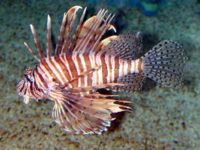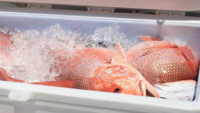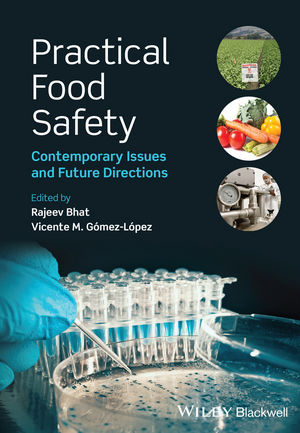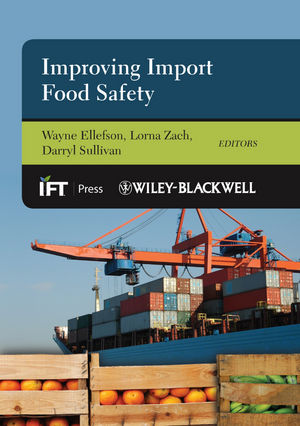European Collaboration to Mitigate Ciguatera Poisoning

Credit: Kindel Media (kindelmedia) via Pexels
The inaugural meeting of EuroCiga II was held on October 26, 2022 in Las Palmas de Gran Canaria, Spain. The objective of EuroCiga II is to improve scientific knowledge about the emerging risk of ciguatera poisoning, which is caused by consuming fish contaminated with ciguatoxins.
A total of 11 partner organizations were represented at the meeting and will be involved in EuroCiga II. The partner organizations include the Spanish Institute of Agrifood Research and Technology (IRTA); Canary Islands Health Service (SCS); the French Agency for Food, Environmental and Occupational Health and Safety (ANSES); the German Federal Institute for Risk Assessment (BFR); the Portuguese Economic and Food Safety Authority (ASAE); the Dutch National Institute for Public Health and the Environment (RIVM); the European Food Safety Authority (EFSA); the European Center for Disease Prevention and Control (ECDC); the European Environment Agency of the European Commission; the Food and Agriculture Organization of the United Nation (FAO); and experts from research groups in the U.S. and Japan.
EuroCiga II will cover all aspects related to the identification, confirmation, and quantification of ciguatoxins. SCS will contribute to EuroCiga II by determining the epidemiological characteristics of ciguatera, as well as evaluating and characterizing ciguatoxins in fish and their influence on the environment.
The EuroCigua II follows EuroCiga I, which was initiated in 2016 and focused on determining the risk of ciguatera poisoning in Europe. The objective of EuroCiga I was to determine control points and prevention measures that ensure food safety, high-risk fishery species, the influence of possible changes in the marine environment on ciguatoxins, and the characterization of the ciguatoxin profile.
The results of EuroCigua I confirmed the prevalence of ciguatera poisoning in the EU, and identified several species of fish contaminated by ciguatoxins in Madeira, Portugal and the Canary Islands, Spain. The presence of Gambierdiscus in the Mediterranean Sea was also confirmed during EuroCiga I, as were several species of dinoflagellates in the Balearic Islands.
The new EuroCiga agreement establishes a three-year collaboration for ciguatera poisoning risk management at the European level, and will take advantage of other parallel projects such as CIGUARISK, a Spanish national research project.
Looking for a reprint of this article?
From high-res PDFs to custom plaques, order your copy today!








